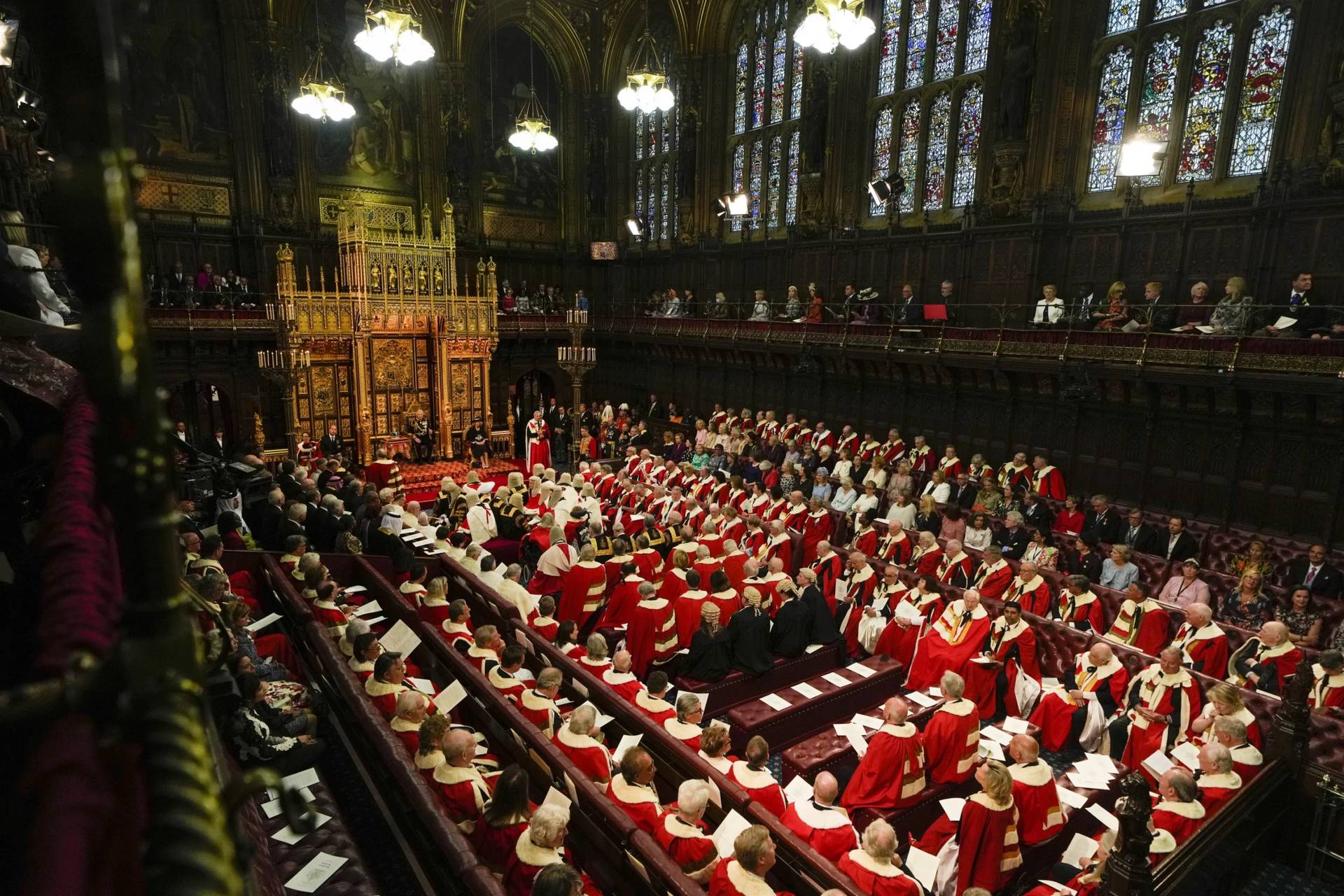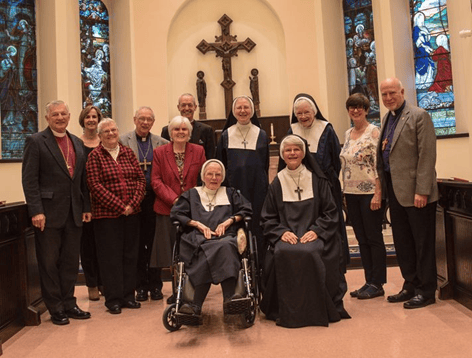LEICESTER, United Kingdom – Over 10,000 people are expected to descend on Liverpool this weekend for the first National Eucharistic Congress in the history of the Church in England and Wales.
The Sep. 7-9 congress is called ‘Adoremus’ – Latin for “We adore you” – and is the first such gathering in England since the 19th International Eucharistic Congress took place in London in 1908.
“It is a way to encourage and rejuvenate our faith and to renew our devotion to the presence of Christ in the Eucharist through adoration,” said Bishop Robert Byrne, auxiliary of Birmingham, and one of the organizers of the event.
“I think we are at a time when a Eucharistic Congress could do much to rejuvenate our evangelization in this country. It is an opportunity for us to look afresh at our Catholic heritage so that we can then go forward – like Pope Francis says – to be missionary disciples and to go to the margins of society, celebrating our faith, celebrating the heritage that we have of Catholicism in this country,” the bishop told Crux.
The Catholic Church is facing different challenges than it did in 1908, when the Protestant establishment objected to a Eucharistic procession through the streets of the capital.
Now the Church is facing a rising tide of secularism in society and a lack of religious practice from her own members.
According to the Religion Media Center, there are about 5 million Catholics in England and Wales, but on any given Sunday, less than 900,000 are at Mass.
The situation is worse for the dominant Anglican Church of England: Less than 5 percent of its members attend Sunday services each week.
According to the latest polls, more than half of the people in England and Wales say they have no religion.
“It is a complete abandonment of our Christian heritage in this country,” Byrne told Crux. The bishop said the Church is not facing hostility in the country, as much as indifference.
“I don’t think by-and-large people mind the Church saying things. It just doesn’t touch people. It doesn’t engage with people. It is very difficult to engage with people,” he said.
“I hope Adoremus will be an opportunity for us to address these questions and to think and to reflect together on how the Church can move forward in an increasingly secularized society.”
For Americans, the Catholic Church in England and Wales can be an enigma. Thoroughly modern with a strong sense of social justice, English Catholics also sometimes have an attachment to doing things the old way.
The bishop recently re-instituted no-meat Fridays, and last year transferred the feasts of the Ascension and Epiphany from Sundays to their traditional days on the liturgical calendar.
There is also a strong devotion to the local saints, especially the Catholic martyrs of the Reformation.
“I think there is a strong sense of identity of Catholicism traditionally. There is that sense of history, of our heritage,” Byrne said.
And one of those traditional devotions is to the Eucharist, which is one of the reasons the Eucharistic Congress is considered so important for the Church in England and Wales.
Yet the Church on display in Liverpool will be a Church of the 21st century, and the Church of Pope Francis. Events around the Congress will include meetings on feeding the hungry, helping the victims of human trafficking, peacebuilding exercises, and events for immigrants and refugees.
There will be concerts featuring classical and Gospel music, but also music from The Beatles (it is Liverpool, after all.)
“It’s a bit of a shopfront really. We want everybody to show their wares and to celebrate what the Church is doing in this country. There is a lot going on and I think very often we don’t realize that,” Byrne said.
“I hope this will be an opportunity for us to show what the good things are that are going on. With all the bad publicity the Church has had, it will be good that the Church is doing something positive and showing itself for the many good things it does and celebrating the good things it does for this country,” the bishop continued.
Byrne told Crux one of the reasons Liverpool was chosen was because it was the site of the 1980 National Pastoral Congress for the Church in England and Wales. This event was the most important post-Vatican II gathering of Catholic leaders in the country, and the place where they declared the Catholic Church to be an “Easter people.”
“I hope we will be able to say we are a Eucharistic people,” the bishop said.
Byrne said the Congress will be “an impetus” for people to go back to their parishes and dioceses “rejuvenated in their faith” and ready to share it with the world.
“It will be a two-edge thing: A personal renewal and a renewal of the Church’s life and mission.”

















